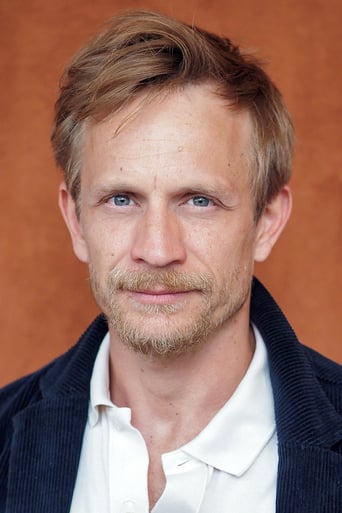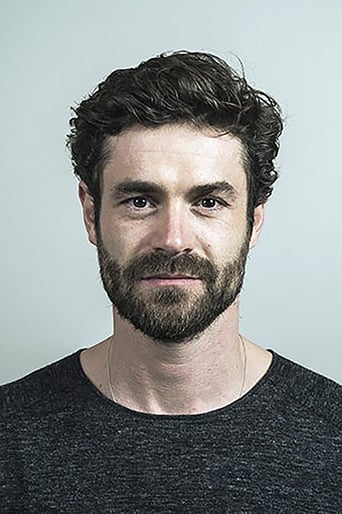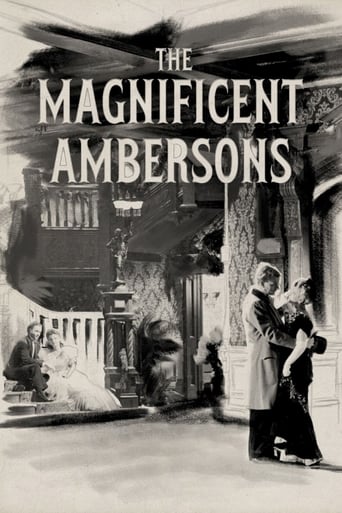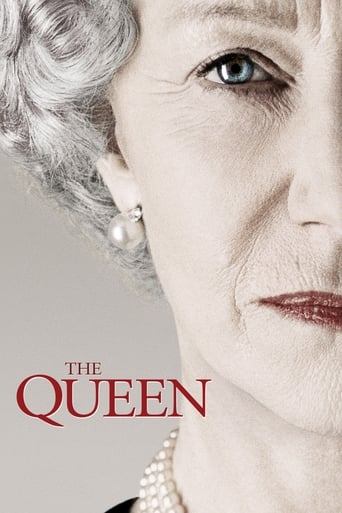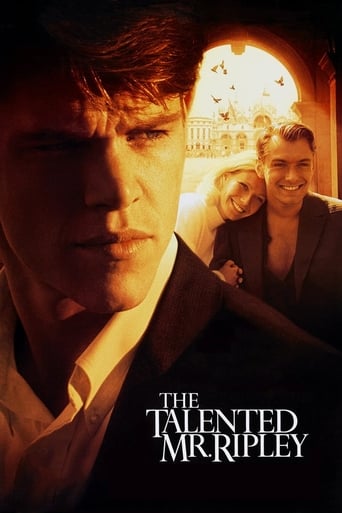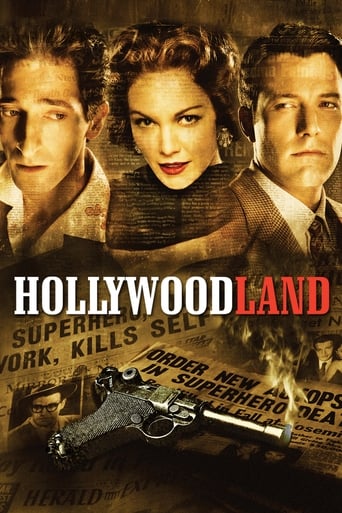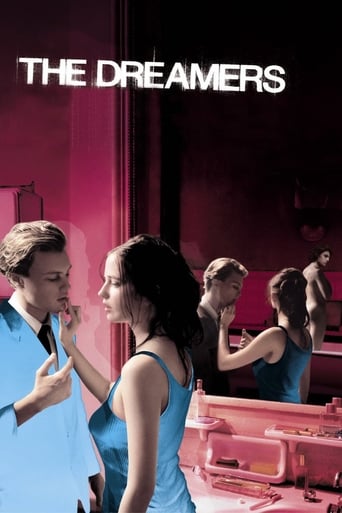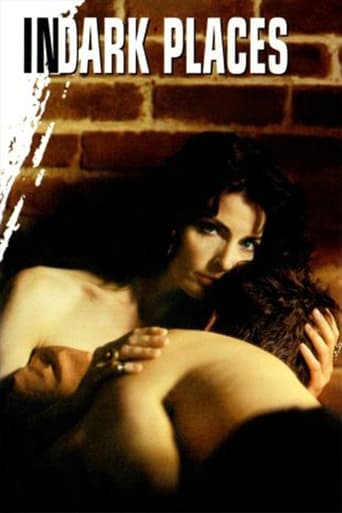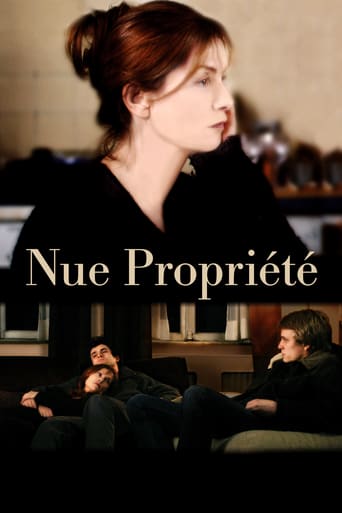
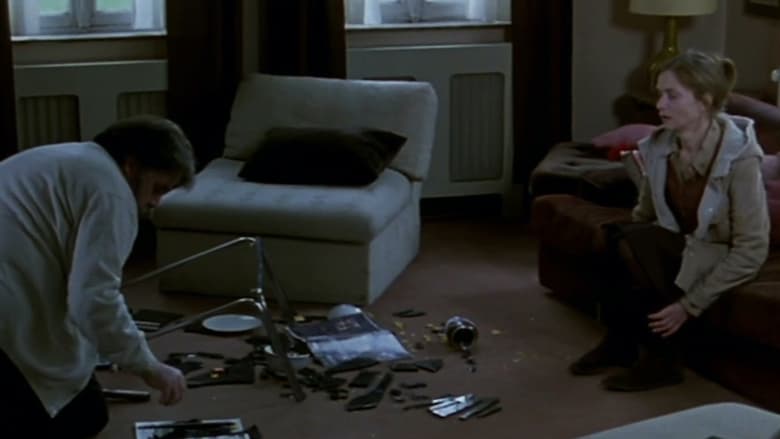
Private Property (2006)
Pascale leads a lonely life with her adult sons François and Thierry at a rural estate subsidized by her ex-husband's alimony payments. When Pascale falls for neighbor Jan , she makes plans to move in with him. But Pascale's twin sons -- loafers who treat her like a servant and refuse to accept the responsibilities of adulthood -- won't let her go. The family remains locked in a stalemate until someone makes a startling move.
Watch Trailer
Cast


Similar titles
Reviews
Powerful
Although it has its amusing moments, in eneral the plot does not convince.
In truth, there is barely enough story here to make a film.
At first rather annoying in its heavy emphasis on reenactments, this movie ultimately proves fascinating, simply because the complicated, highly dramatic tale it tells still almost defies belief.
In my opinion, "Nue propriete" contains universal images which create a dramatic tension that is never absent from the film. There is, thank goodness, no comic relief to detract from the dire positions of the characters. Also, there are no mindless subplots which cause the characters to wander off in aimless directions. The most obvious classical theme, some would say biblical theme, is that of Cain and Abel, with Thierry as Cain. A modern reflection of OEDIPIUS REX is very obvious. Alas, poor Thierry is also somewhat like Hamlet, especially with Hamlet's insult of Gertrude in Shakespeare's bedroom scene, where the female parent is accosted by a barrage of language befitting a brothel. The Thierry-Hamlet image is manifest in the relation between Thierry and his girl friend, as with Hamlet and Ophelia. Thierry's hatred is also aimed toward Jan, his mother's new partner, much like Hamlet's dislike for his new father Claudius. Pascale, the mother in the film, reminds one of Nora in Ibsen's A DOLL HOUSE. Both women want out. The acting in "Nue propriete" is very good, the direction is a above average. This film is well worth seeing.
Isabelle Huppert, who has A-list directors standing in line to work with her is celebrated for her willingness to help new writer-directors by lending her name to attract finance and her presence on set to attract audiences. This can, of course, prove embarrassing - Josie Balasko's first directorial effort Sac de Noeuds didn't exactly set the screen alight but Huppert was right to see the promise which has since been kept over and over - but on the other hand it can result in something as delightful as Aleandra Leclerc's Les Soeurs fachees (Huppert has a new film with Leclerc, Les Mediaturs, in post-production even as we speak). She got it right this time, too, with Joachim Lafosse who probably wouldn't have got this one off the ground without Huppert. Real-life brothers Jeremie and Yannick Renier play Huppert's twin sons who live with her in what was the family home til Huppert divorced their father Patrick Descamps, who has remarried and lives within driving distance with his new wife and child. The French title Nue Propriete, is more specific, a French legal term in which a family member, usually an ex-spouse, is allowed to live in a house but has no legal right to ownership so that they cannot, for example, sell it or take in lodgers. This, in fact is the position in which Huppert finds herself and as it happens she does want to sell, move away with a neighbour/lover and open a B&B. This brings us to the twins, neither of whom appears to have any friends although one has a girl he uses as a sex-object. Long before we, the audience, enter the scene, the boys have become dominant, especially Jeremie Renier who thinks nothing of interrogating his mother daily, verbally abusing her and going through her bag. It goes without saying that her attempt to introduce her lover to the twins is a disaster. This is a cloistered, unhealthy family with Huppert thinking nothing of taking a shower openly whilst one son cleans his teeth two or three feet away; a great deal of screen time is given over to meals, traditionally a time when families come together in harmony but not, of course, here. As usual Huppert gives a Master-Class in Screen acting but there isn't really a bad performance throughout. It's not exactly Feelgood but it is a fine film and worth anyone's time.
The French film, "Private Property," sets up a fierce battle of wills between a divorced mother and the two ne'er-do-well sons (fraternal twins) who still live with her. Pascale wants to sell the house and open up a bed-and-breakfast with her new boyfriend, but the young men, fearing the loss of the property that they believe should rightly go to them, attempt to block any efforts in that direction.With intelligent direction by Joachim Lafosse and incisive writing by Lafosse and Francois Pirot, this low-keyed family drama explores the complexities inherent in filial, sibling and marital relationships. The confrontation scenes, many of which take place during meal times (come to think of it, I don't believe I've seen this much eating in a film since "Babette's Feast"), are sharply drawn and effectively staged. The acting is excellent across the board, particularly that of Isabelle Huppert, as the middle-aged woman determined to finally start living for herself, and Jeremy Renier, as the more belligerent and self-centered of her two sons. Yannick Renier, Jeremy's brother in real life, is also very good as the more passive of the twins.Some viewers may feel let down and frustrated by the inconclusive ending, but I enjoyed the ambiguity of it. We have been made privy to just one brief episode in the lives of these people - then it's time for us to move on.
What a boring, pointless and annoying little film! How was Huppert ever talked into participating in it?A middle-aged divorcée resides with her grown sons somewhere in the dreariest reaches of Belgium. Every day that is chronicled features an overcast sky, morose characters and a setting outdone in gloominess only by that day's script. When the closing credits mercifully make their appearance, they're accompanied by the only music in the soundtrack: a fittingly macabre violin piece that adds one last, large dollop of annoyance to the viewer's experience.I didn't feel any urge to discover whether the director is a Belgium-hating Frenchman -- or a self-hating Walloon. Does it matter?Avoid his product.



